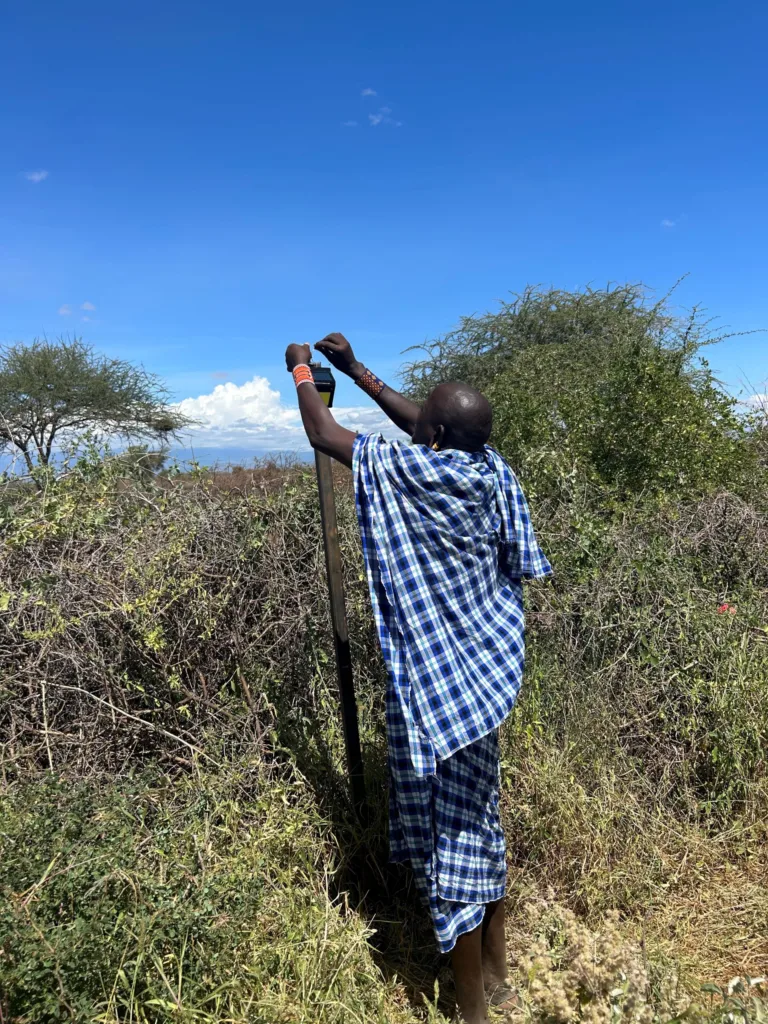Biodiversity Conservation, Sustainable Agriculture & Factory Farms
The objective of our first field trip is to provide a powerful introduction to the conflicts faced between conservation, sustainable agriculture, and factory farms. We haven’t changed its structure for a while, and don’t intend to do so, since it is a meaningful field trip and is very effective at illustrating the clash between conservation and economic gain. We returned to Braulio Carrillo National Park and immersed the students in the overwhelming species diversity and complexity of rainforests. Expressions like “awesome” and “that’s amazing” were common during the orientation hike. I have been doing this hike for many years now, not to mention that I frequently visit Braulio Carrillo for research purposes, and I am always finding something new. We are just beginning to scratch the surface of a rich tapestry of species interactions that maintain such a complex system in place, even in the face of global warming.
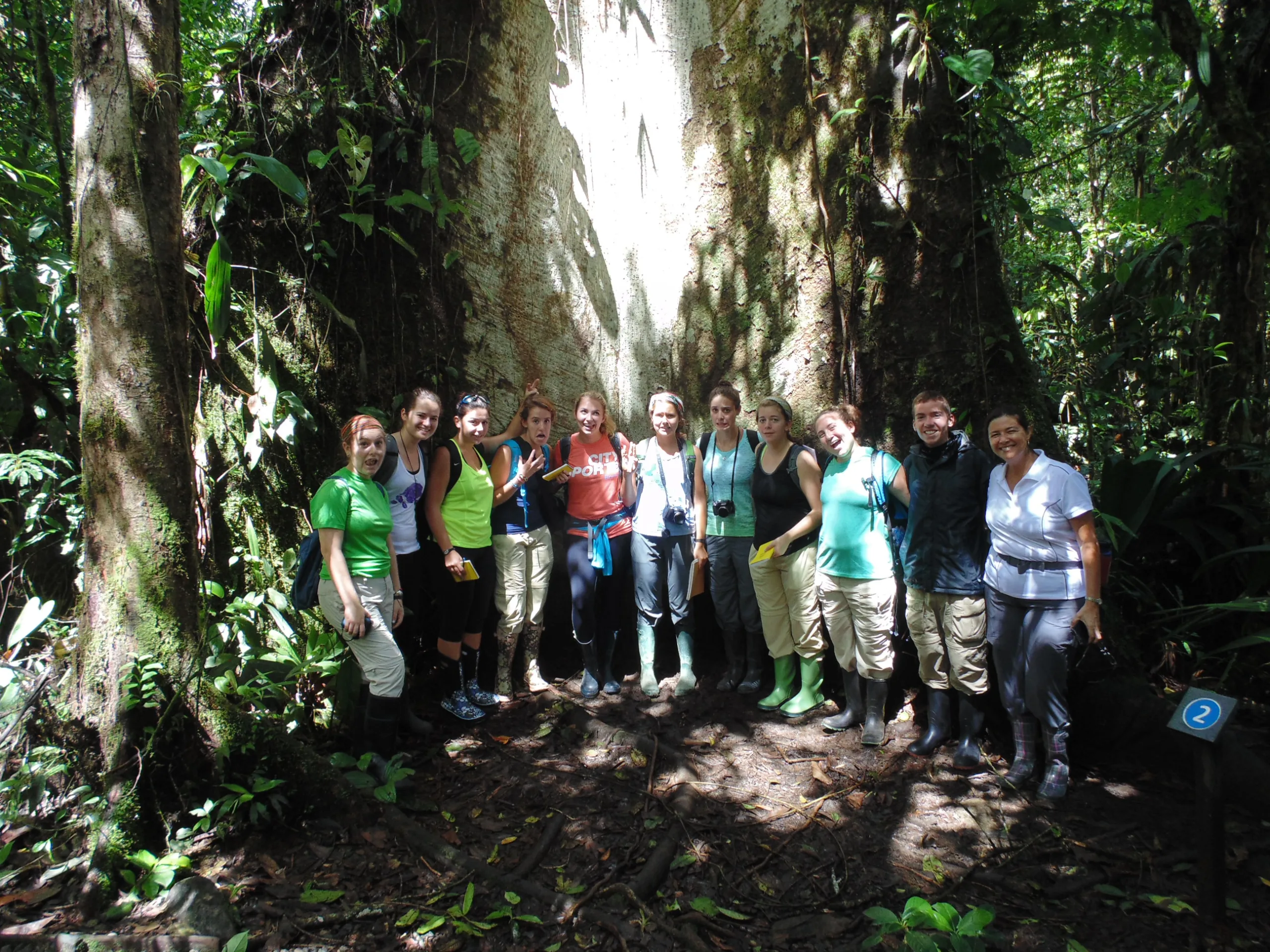
We continued our trek to El Progreso Agroecological Farm, and examined the sustainability of agroecosystems and farm integration as an alternative to combine conservation with agricultural production. The Alpízar Chaves family, who owns the farm, has been a constant source of inspiration, as well as of technical knowledge, for the SFS Center. Last summer, our support staff came here for a three day workshop to learn about composting and alternative ways to fight pathogens, as well as to elaborate of a mixture of efficient soil microorganisms. Our host, Nuria Chaves, also visited our Center for Sustainable Development a couple of months ago to tour the Center and provide feedback on our farming practices. Our relationship with El Progreso has been very beneficial for our Center, and every time we go there our students have the chance to observe an authentic example of a small productive unit thriving in the midst of monocrop plantations and factory farms. They prove that there are sustainable alternatives that work, and that sustainability is a way of life, more than a source of income. This time, the batch of efficient microorganisms the students prepared will be used at the Center.
On the last day of our field trip, we visited a conventional banana plantation and got to see the contrast between factory farming and sustainable agro-ecosystems. Bananas are crucial for the Costa Rican economy, but have a tremendous impact on the lowland rainforest ecosystems, as well as on human communities. Production practices have improved due to the pressure of international consumers as well as certification programs, and in Costa Rica workers are protected by the socialized health system. However, conventional farms go against the sustainability of food production in local communities, and still represent an easy way out to generate income using foreign resources to establish and run the farm, despite being critical for the local communities. This will be one of many subjects for discussion in the next few days.
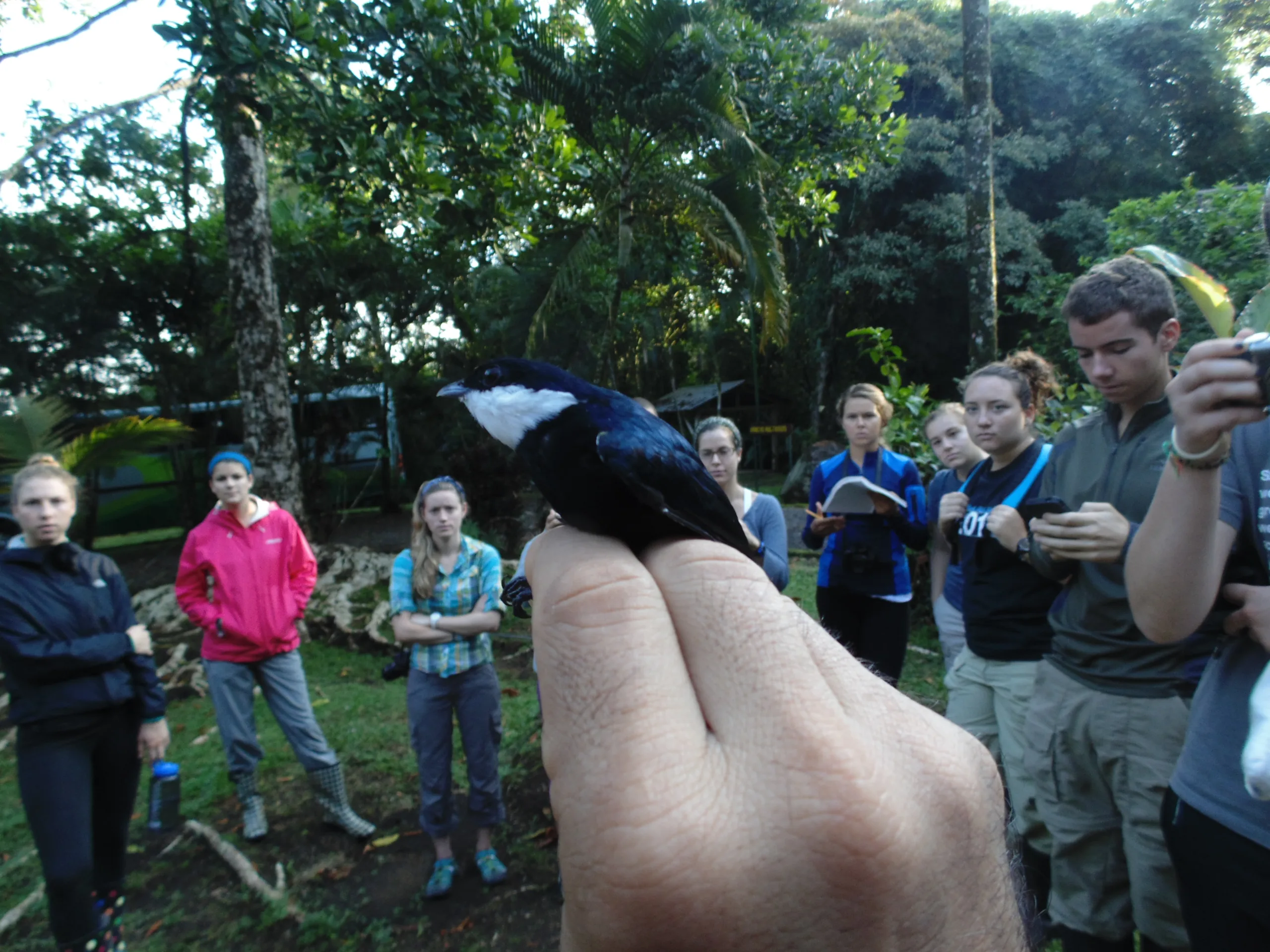
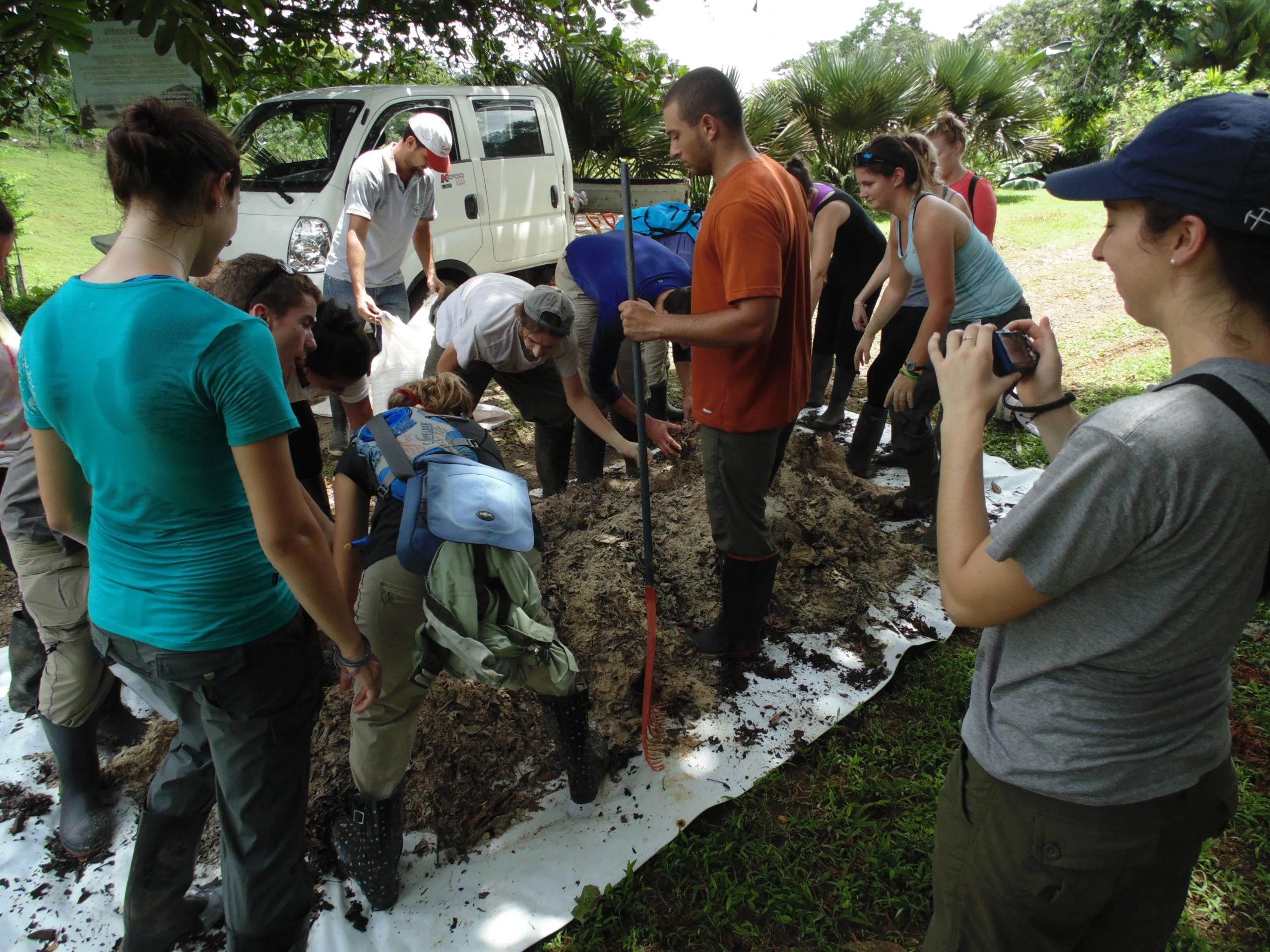
Related Posts
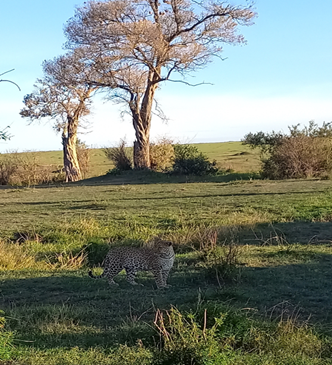
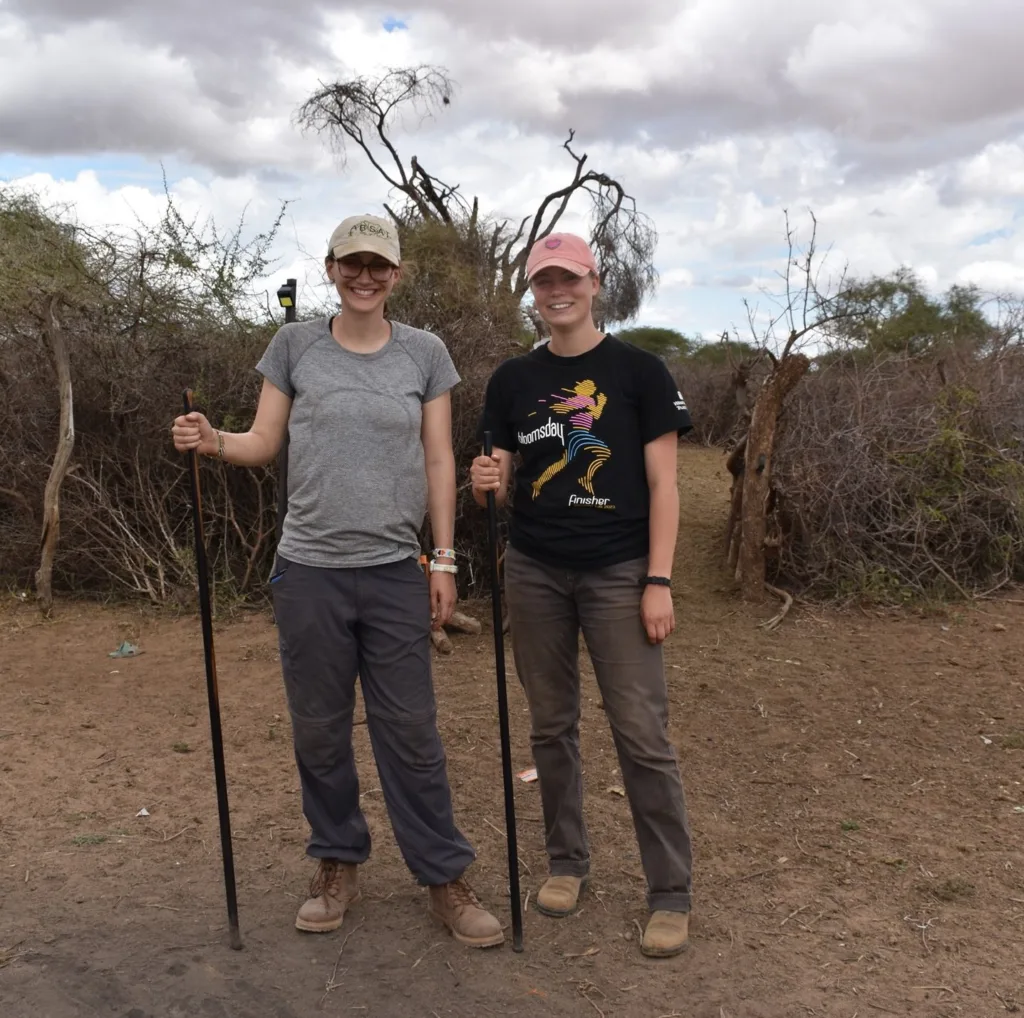
Alumni Reflections: Stories of the Return to Kenya
